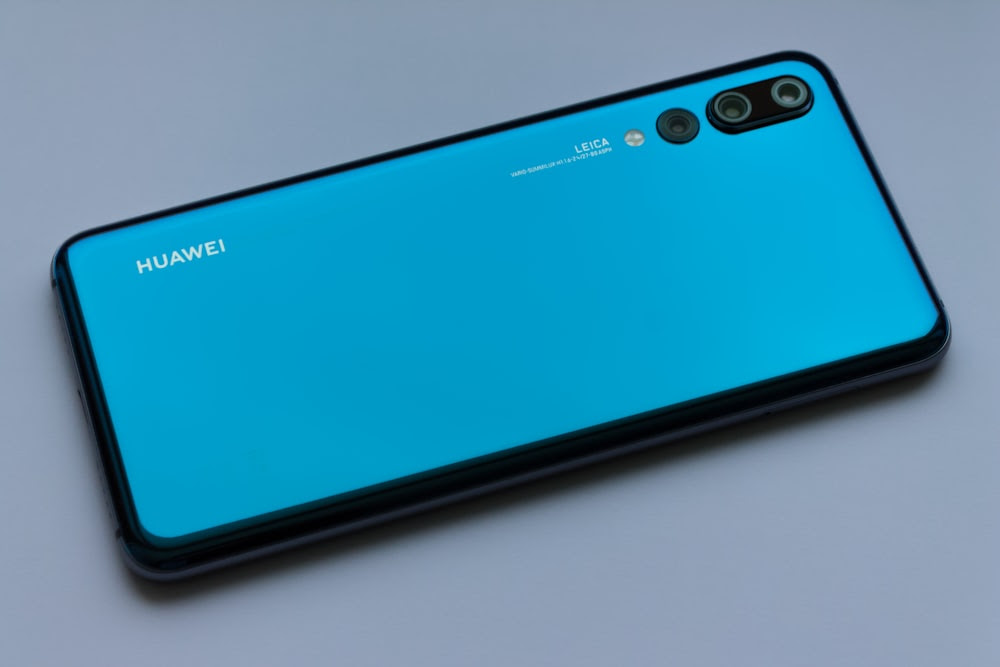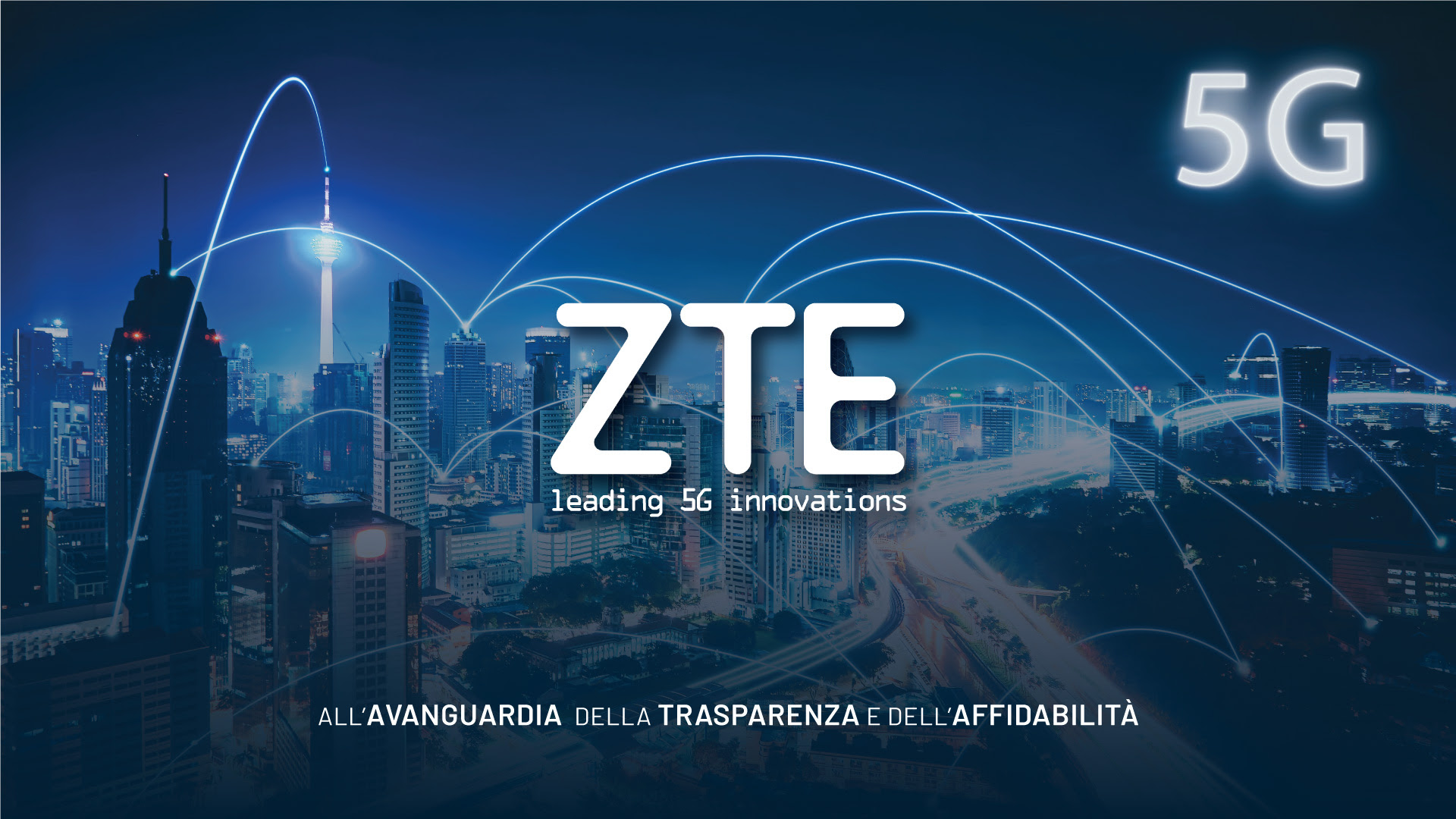A heavy cloud is hanging over the continent, says the European Commission. The body announced on Thursday that it would no longer subscribe to cell phone services that rely on equipment from Chinese suppliers Huawei and ZTE, which it believes represent a real security risk for the EU. A decision that Internal Market Commissioner Thierry Breton urged the 27 member countries and telecoms operators to follow, calling on them to exclude such equipment from their mobile networks, particularly 5G.
According to Brussels, the two Chinese giants represent “materially higher risks than other 5G suppliers”. In a press release, it adds that it plans to “take the necessary security measures not to acquire new connectivity services based on equipment from these suppliers”.
It will no longer subscribe to telephony services based on this equipment and calls on member countries to do likewise.

Although both companies are privately owned, Brussels fears that they could be used for Beijing’s espionage projects.
Europe soon to be spied on by Beijing via 5G networks? The threat hangs over the continent, says the European Commission. The body announced on Thursday that it would no longer subscribe to cell phone services that rely on equipment from Chinese suppliers Huawei and ZTE, which it believes represent a real security risk for the EU.
A decision that Internal Market Commissioner Thierry Breton has urged the 27 member countries and telecom operators to follow, calling on them to exclude such equipment from their mobile networks, particularly 5G.
According to the European executive, the two Chinese giants represent “materially higher risks than other 5G suppliers”. In a press release, it adds that it plans to “take the necessary security measures not to acquire new connectivity services based on equipment from these providers”.
Brussels accuses these Chinese companies of enabling espionage activities on behalf of China, a risk it has been addressing for several years now. “These companies could redirect data they have collected to the Chinese Communist Party,” Camille Brugier, a consultant on contemporary China and associate researcher at the Institut de recherche stratégique de l’École militaire (Irsem), tells TF1info.
While any Huawei or ZTE terminal could be affected, including private cell phones, “the biggest risk concerns infrastructure, through which a great deal of data transits”, for example on a 5G network, continues the expert.
Behind all these fears is a 2017 Chinese cybersecurity law. “It stipulates that if Beijing believes there is a risk to its national security, it can ask Chinese actors located outside its territory to cooperate with it and provide information,” Camille Brugier details. “So there’s a risk that if China wants to obtain information about a country, it can rely on infrastructures built by telecoms companies, which would be equipped with spyware.”
These companies, which remain private, deny that they are subordinate to Chinese power. In a statement on Friday, Huawei denounced the restrictions as “based on discriminatory judgments”. But their room for manoeuvre seems very short. “The very nature of the Chinese regime means that external actors, such as companies, can be used as potential instruments of Beijing, even if they don’t initially want to be,” stresses the researcher. Without putting forward any evidence of this possible takeover for the time being, Brussels wants to guard against this risk, which does not only concern telecom equipment. TikTok, the popular Chinese platform, is also a source of concern for many Western governments and parliaments and has already been banned by France for its state employees.
On the subject of Huawei and ZTE, Europe has long been urged by the United States to follow suit: it has already banned the sale of equipment from five Chinese suppliers, including the two companies. The UK and Canada have also taken steps in the same direction. European countries, on the other hand, are more divided on the issue. Since 2020, a European “toolbox” has been compiling recommendations designed to protect 5G networks in the EU from the risks of espionage and sabotage. Three years on, almost all member countries have adopted or are preparing legislation in this area, but “only ten of them” are actually restricting or excluding “high-risk suppliers”, deplored Thierry Breton, who is concerned about a “major security risk”.
Among these rare good pupils in France, which has adopted “anti-Huawei” legislative measures since 2019. While its equipment is not explicitly banned for the deployment of the 5G mobile network, the French national agency in charge of IT security (Anssi) has severely restricted operating authorizations, to “preserve the interests of national defence and security”. As a result, telecom operators such as SFR and Bouygues have been ordered to remove antennas they have already installed. Germany, on the other hand, has not taken any measures against Chinese equipment manufacturers, notes Le Monde.
The European Commission’s announcement could be a wake-up call: Portugal has already announced on Friday that it is ready to follow its recommendations and exclude Chinese suppliers of 5G equipment. It remains to be seen whether other member states will also take the plunge, given the appeal of the offer. As Camille Brugier explains, “Huawei is still the best performer in terms of 5G networks, ahead of its Swedish rival Ericsson. Brussels, however, wants to convince member countries that the gamble is too risky. “We can’t afford to maintain dependencies that could become weapons against our interests,” hammered Thierry Breton. “That would be too great a risk for our common security.”



Comment here